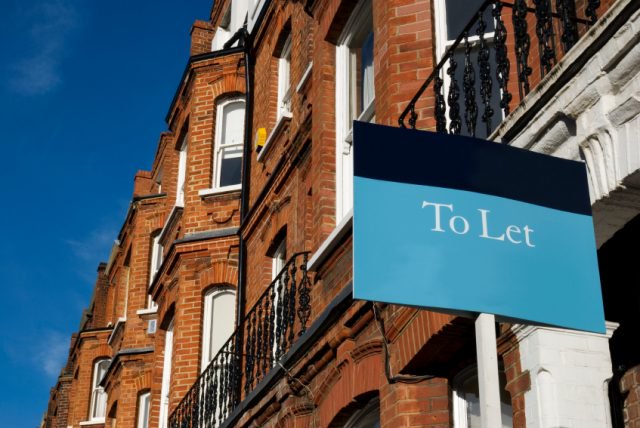Activity in the UK’s property market was stronger in every sector last month than a year previously, despite uncertainty surrounding the general election.
Research from Connells Survey and Valuation indicates that there were 13% more property valuations in April than a year before, although April’s total dropped by 32% compared with March 2015.
The company’s Corporate Services Director, John Bagshaw, says that for all areas, from first time buyers to remortgages, valuations are up compared to last year. He states that this proves the housing market has momentum and he predicts this will continue into the new Parliament.
However, Bagshaw also notes that there could be an unclear election result from today’s poll, which will affect confidence.

Property Market is Strong Despite Election
“The latest monthly dip from March is generally a seasonal effect at this time of year so if this monthly slowdown continues further we’ll know that something has changed more fundamentally. Yet so far, there is no sign of a serious housing market slowdown.”
The study also found that in April, remortgaging surpassed the overall property market with a 25% increase on April 2014, overcoming a 34% drop from March 2015.
Bagshaw thinks that the outperformance of remortgaging is down to record low mortgage rates, which are expected to stay down for the near future: “Inflation is at zero and there’s little sign that the Bank of England [BoE] will need to raise the base rate imminently. In the meantime, mortgage rates have plummeted to the lowest level in over four years.
“Thus, many households may be capitalising on this period by refinancing to a fixed mortgage.”
The buy-to-let sector has seen the greatest month-on-month drop compared to other areas of the market, falling by 36% in April. However, it has grown the most since April 2014, up 29%.
Bagshaw explains that this could be due to rent control and three-year tenancy plans: “Some would-be landlords are perhaps waiting to see whether and how these policies will be implemented before looking to invest further. Yet the long-term picture is extremely positive.
“Over the past year, landlords have benefitted from a booming jobs market, which has led more people to move within commuting distance of work, thus increasing demand for rental properties in certain hot spots.
“Equally, as real term wages pick up there has been an increase in the rental prices tenants are willing to pay.”
Activity from first time buyers has slowed, with valuations for these buyers falling 33% since March. Since April 2014, first time buyer activity has grown just 7%.
Furthermore, activity by homeowners already on the property ladder was minimal. Valuations for established homeowners fell 27% compared with March, increasing by only 3% in the past year.
Bagshaw adds: “First time buyers have had bundles of extra support over the last five years, but still not quite enough to power any serious growth in the number stepping onto the property ladder for the first time. This might disappoint some, especially with the plethora of Government schemes to boost first timers.
“Yet the greatest squeeze has been among those who already own their home who simply aren’t looking to upsize in the same way as might have been the case a decade ago.
“Householders might have said goodbye to the recession years ago, but the crunch on disposable incomes and aspiration to move to a bigger home might well last a decade.”1
1 http://www.propertywire.com/news/europe/uk-housing-market-activity-2015050710479.html







